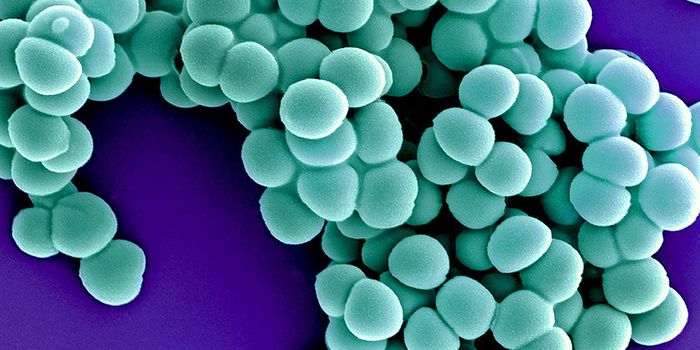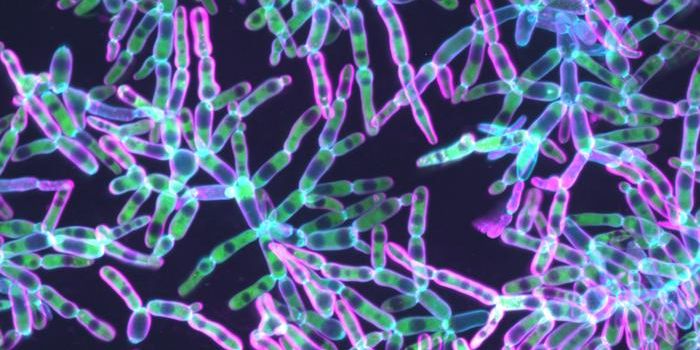Kidney Denervation Controls High Blood Pressure in Patients Resistant to Medications, a Study Shows
Kidney denervation, a procedure where the nerves in renal arteries are burned, may be a future treatment for people whose blood pressure remains high despite medication use. Results from the randomized, single-blind, sham controlled trial SPYRAL HTN-ON MED examining this antihypertensive treatment were published in The Lancet.
In this trial, doctors denervated the kidneys with a minimally-invasive catheter procedure. In kidney denervation procedures, a catheter is inserted into the femoral artery in the thigh so radiofrequency pulses can burn nerves in the walls of the renal arteries in a process known as radiofrequency ablation. Side effects from the procedure can include a low heart rate or narrowing of the renal artery wall (renal artery stenosis). Renal artery stenosis can lead to high blood pressure, kidney failure, and fluid retention.
Eighty patients from 25 clinics in the US, Germany, Japan, the UK, Australia, Austria, and Greece, who were taking 1 to 3 antihypertensive medications and still had uncontrolled high blood pressure were enrolled in the study. Patients were randomly assigned to receive kidney denervation or the sham procedure. Both groups were followed for 36 months.
Compared to the sham group, the treatment group had significantly lower blood pressure at 24 and 36 months after radiotherapy kidney denervation despite taking a similar amount of antihypertensive medications. Blood pressure readings for patients in the treatment group were also significantly lower than their baseline readings before the procedure.
According to the study’s authors, “Radiofrequency renal denervation compared with sham control produced a clinically meaningful and lasting blood pressure reduction.” They also reported there were no major short- or long-term safety issues associated with the procedure.
Sources: The Lancet, JAMA Network, CIRSE, Mayo Clinic








